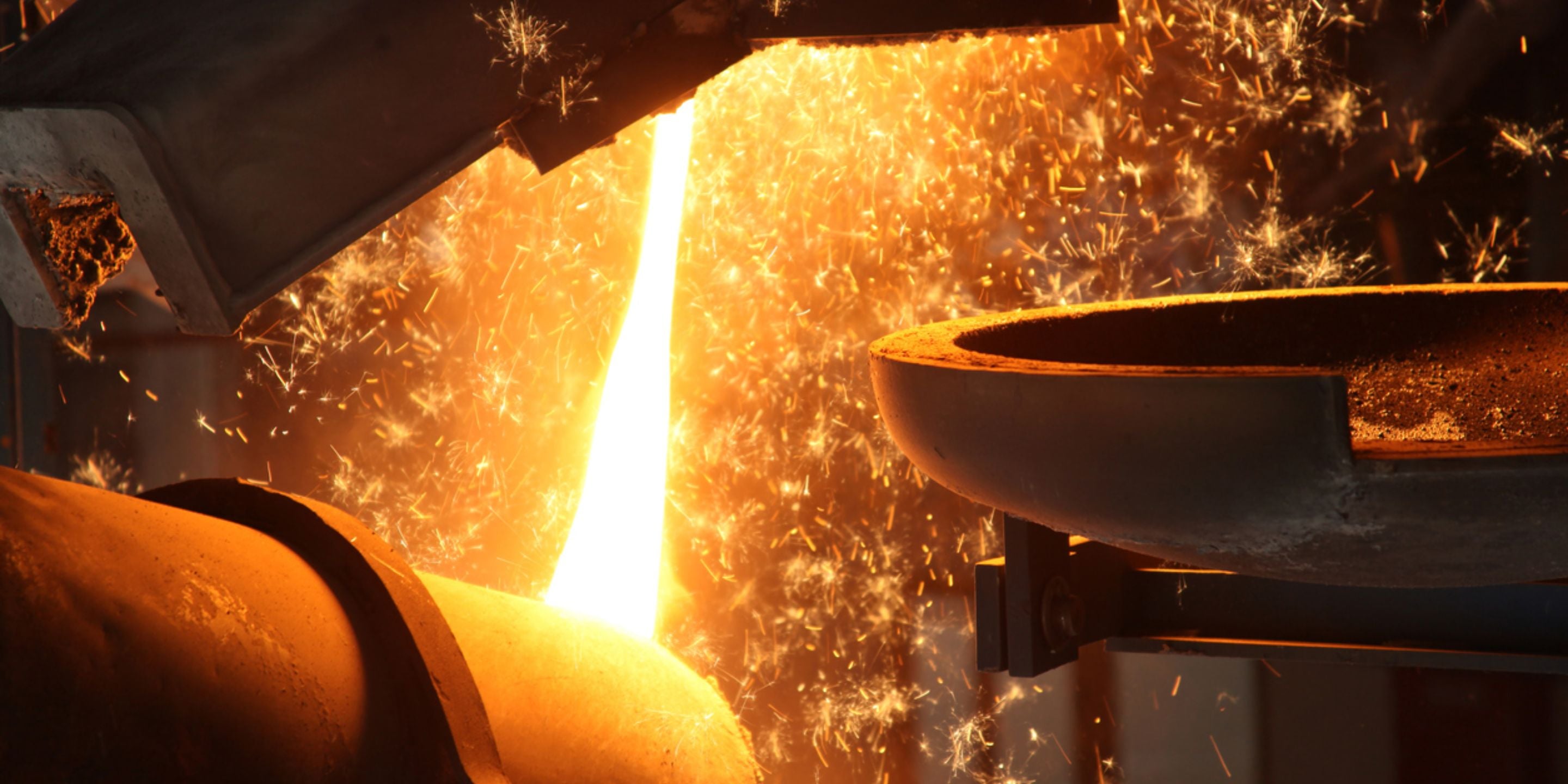The net-zero transition and new technologies remain the primary drivers behind the strategies of mining and metals players in the US and EMEA regions. While some are opting for more consolidation or ending coal mining developments, others see value in entering niche markets or shifting their focus on low-carbon assets.
Decision-making and the request for new talent has increased substantially across the US and EMEA markets this quarter, largely driven by trends such as digitalisation, ESG and energy transition. However, demand in the Asia Pacific markets has slowed, partially due to the holiday season but principally as a result of Covid-19 outbreaks in key regions such as China, Hong Kong, Singapore, and Australia.
Consolidation in the space continues to affect recruitment across the wider metals and minerals segment, with several players reducing headcount or exiting niche markets. However, this also creates opportunities for rival companies and in some cases new entrants, to scoop up new talent. In August 2021, it was reported by Fastmarkets that metals and natural resources trader Traxys had hired four ex-Noble traders specialising in tin, tungsten, tantalum, and niobium concentrates. Noble reportedly decided to shut its base metals and rare earth trading desks last year to reduce headcount.
Another Swiss trader, ArrowMetals is set to build its presence in base metals concentrates, with three new hires from Cliveden Trading AG. The latter was said to be in discussions to sell part of its book to Trafigura in May 2021, according to Bloomberg.
Environmental concerns are also driving hiring demand in these markets as more corporates pledge to meet zero emission targets, clean up production processes and transform their businesses to tie in with emissions reduction trends.
For example, Thai mining company Banpu is to end new coal development with Banpu’s chief executive officer (CEO), Somruedee Chaimongkol, telling Nikkei Asia in July 2021 that it wants around half of its profits to come from cleaner energy by 2025. The miner is one of the largest coal producers in Southeast Asia and their coal business accounted for about 80% of its revenues in 2020.
Banpu’s announcement follows similar efforts to exit coal by other major resources companies in recent years, including Rio Tinto, Anglo American and BHP. The latter also announced plans in August 2021 to sell its petroleum business in a potential AUS$20b deal.
Russian aluminium producer Rusal is taking a different route to reduce its carbon emissions. It has announced plans to split its low-carbon assets into a separate business called AL+ that will appeal to growing global demand for greener metals. Rusal’s remaining high-carbon assets will be used to concentrate on the development of the domestic [Russian] market and its growth potential.
Environmental concerns are not the only macro issue driving change in metals and minerals markets - digitalisation is also having a significant impact. The London Metal Exchange (LME) reopened its trading floor on 6 September following an 18-month break due to the pandemic, but is Europe’s largest open-outcry pit, known as the Ring, going to remain open for the long term?

